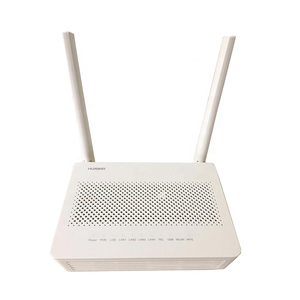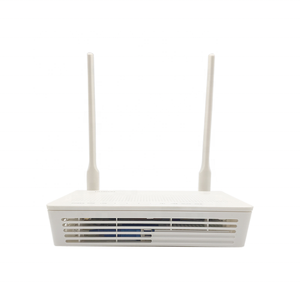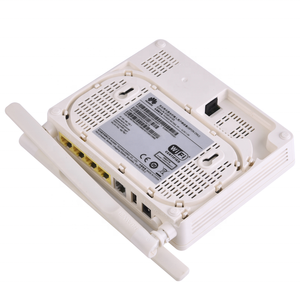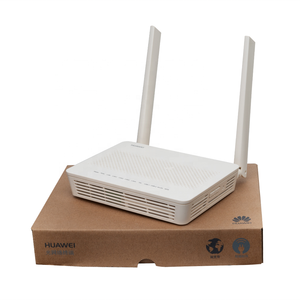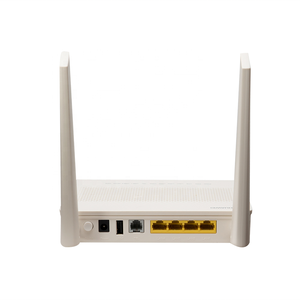Introduction to Cisco ONU
The Cisco ONU (Optical Network Unit) is an essential component in modern telecommunications, designed to facilitate seamless data transmission over fiber optic networks. As network demands increase and companies strive for higher bandwidth and speed, Cisco ONU devices stand out for their reliability and performance. These units hold a crucial role in converting optical signals into electrical signals, enabling various applications in telecommunications, internet service provision, and enterprise networking.
Types of Cisco ONU
Cisco offers a diverse range of ONU models tailored to meet specific communication needs. Here are some common types available:
- GPON ONU: A Gigabit-capable Passive Optical Network ONU designed for high-speed broadband access.
- EPON ONU: An Ethernet Passive Optical Network ONU providing enhanced bandwidth management and efficient resource allocation.
- VLAN ONU: Offers Virtual Local Area Network support, allowing for efficient network segmentation and management.
- Residential ONU: Specifically designed for home users, integrating multiple services like voice, video, and data.
Applications of Cisco ONU
The versatility of the Cisco ONU extends to various fields, making it applicable in several scenarios, such as:
- Telecommunications: Integral in the deployment of fiber-to-the-home (FTTH) solutions, ensuring high-speed internet access.
- Enterprise Networking: Enhances the connectivity of business infrastructures, enabling efficient data transfer and communication.
- Multi-Service Networking: Supports simultaneous delivery of services (voice, video, and data) over a single network.
- Smart City Applications: Facilitates connectivity for IoT devices, contributing to infrastructure development in urban areas.
Features and Advantages of Cisco ONU
Cisco ONUs are equipped with several features that contribute to their performance and reliability. Some key features and advantages include:
- High-Speed Data Transmission: With speeds reaching up to 1 Gbps, Cisco ONUs ensure fast connectivity for users.
- Scalability: Easily integrates with an expanding network, accommodating growth in data traffic and service requirements.
- Managed Networking: Supports Quality of Service (QoS) functions, allowing service providers to prioritize traffic based on customer needs.
- Robust Security: Enhanced security protocols protect user data and network integrity.
- Ease of Deployment: Simple installation processes and compatibility with existing systems ensure a hassle-free setup.






















